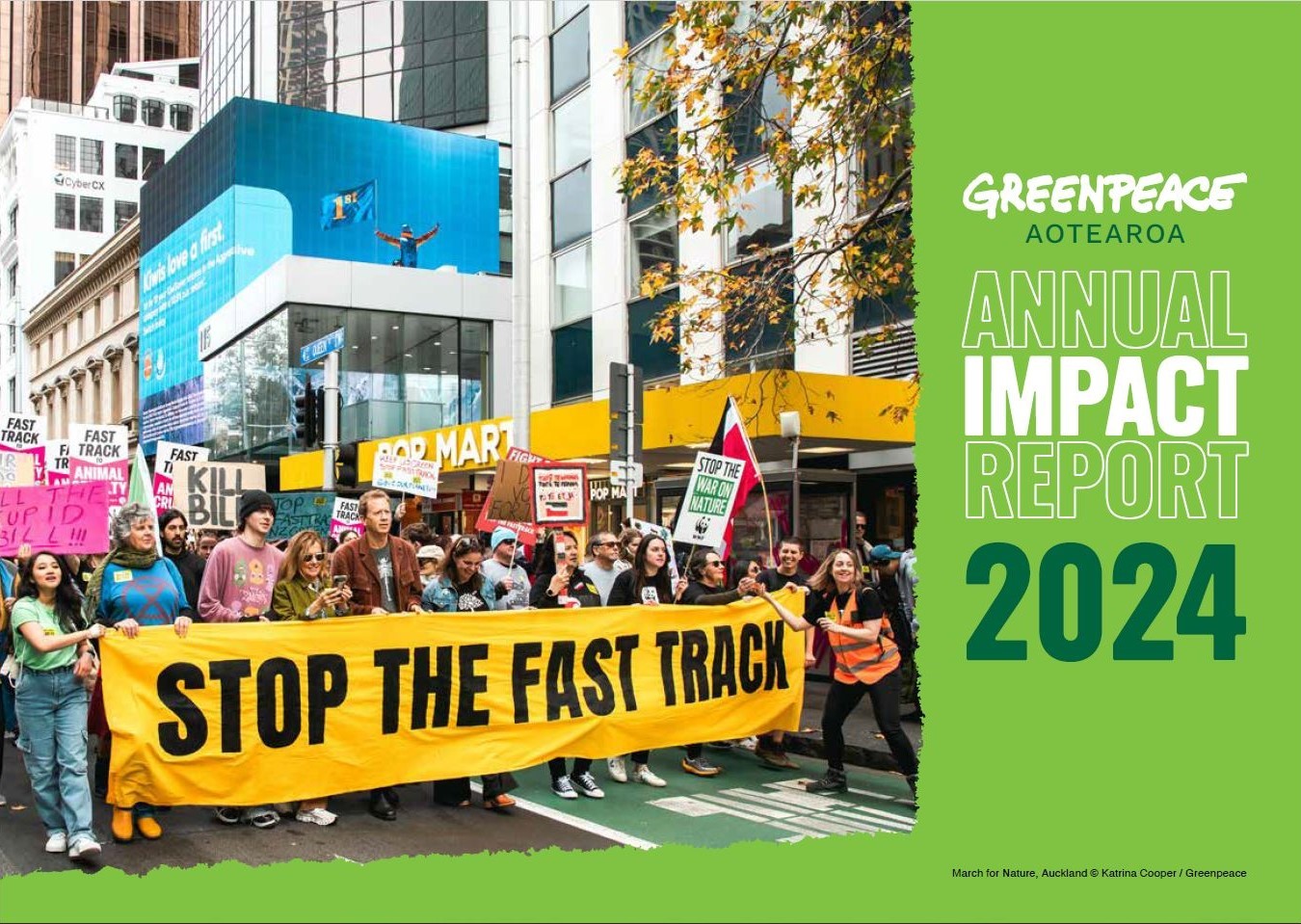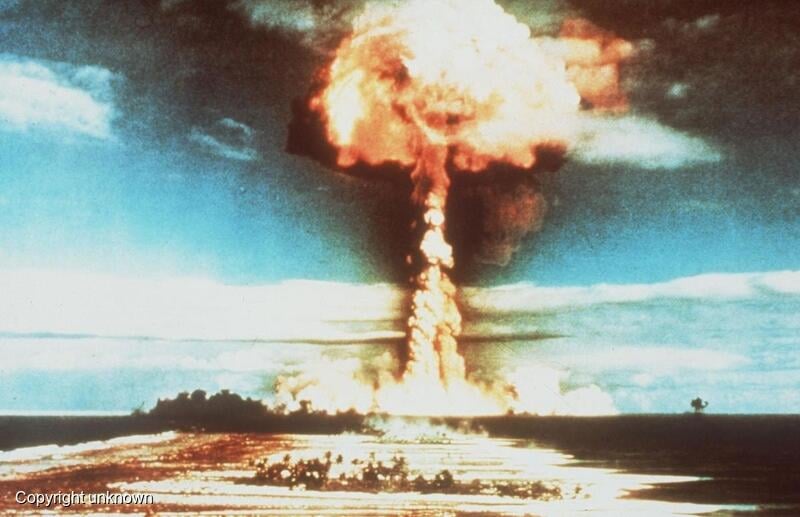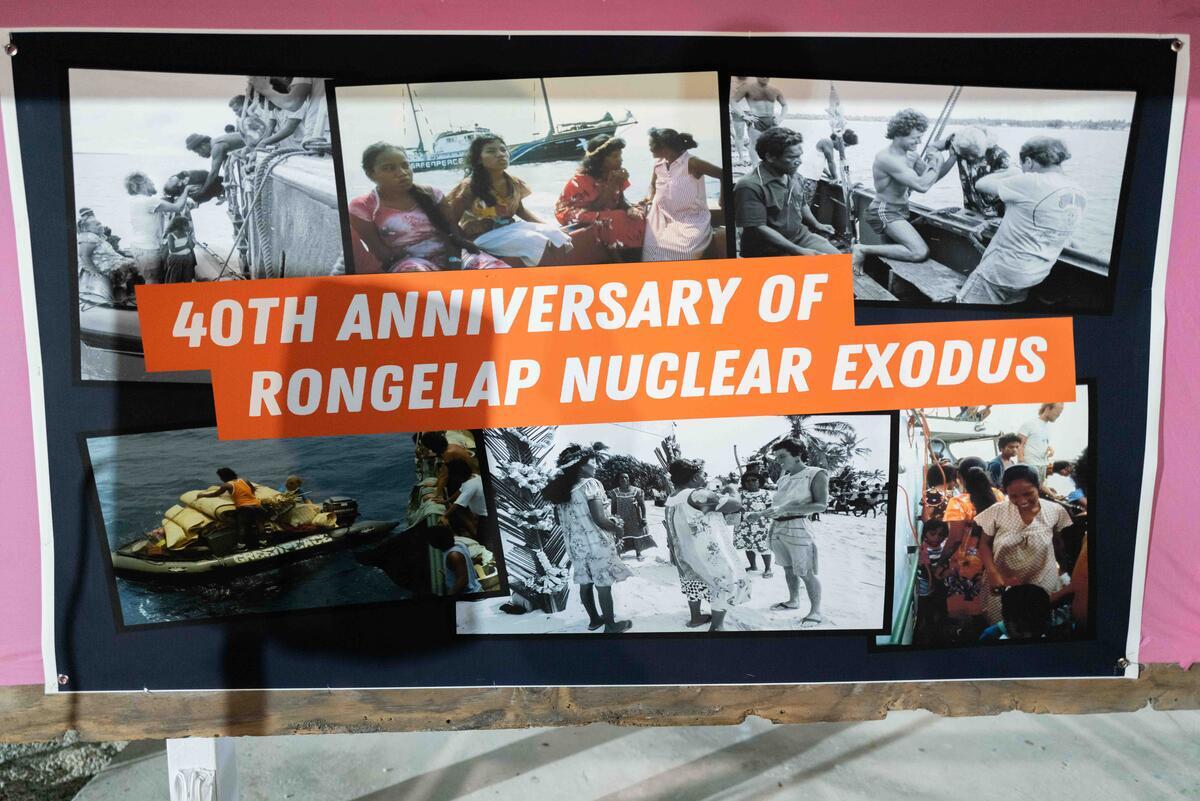 When Clair Patterson, a geochemistry professor at the California Institute of Technology, was trying to estimate the age of the solar system in the 1940s,he tried to measure the age of a meteorite that had fallen to Earth
When Clair Patterson, a geochemistry professor at the California Institute of Technology, was trying to estimate the age of the solar system in the 1940s,he tried to measure the age of a meteorite that had fallen to Earth
Patterson reckoned he could figure out the age of the meteorite by measuring how much of the uranium in it had decayed into lead, as he knew how long this took. The first step was to measure how much uranium was in the meteorite, and that proved easy. The second step was to measure how much lead was in the meteorite, but that proved almost impossible, as every attempt produced a different result. There was so much lead contamination that every surface in his lab was contaminated. It was only by building one of the first clean rooms in the world that he could determine how much lead was in the meteorite, and consequently in 1956 he declared the age of the solar system was around 4.55 billion years
But once he’d done this he wondered where all the lead was coming from? It was well understood that lead was a dangerous neurotoxin and chronic exposure was a major health issue, so this was no small matter
It turned out the lead was coming from petrol
The oil industry began adding lead to petrol in the 1920s in spite of warnings from health professionals. The levels of lead in the environment,and in people, escalated rapidly afterwards. AsPatterson did more work he discovered that lead was being spread everywhere, as cars drove around raining a neurotoxin down on everyone from their exhaust pipes
From the 1960s Patterson called for lead to be removed from petrol. But in spite of Patterson’s evidence, the oil industry fought back and used every dirty trick in the book. He was denied research grants, he was blocked from contracts with the US Public Health Service, and other scientists were paid by the oil industry to testify that lead in petrol was safe. The Government backed the oil industry
But the oil industry is not invincible. A public campaign run by scientists and people like you and me eventually forced the removal of lead in the1980s and 90s
Since then blood lead levels in populations have dropped dramatically
As we confront the global fossil fuel industry over climate change it’s worth remembering that they can be beaten. Of course now it’s harder, because they are fighting for their very survival. But then again, so are we
This Greenpeace Annual Report is a brief record of some of the campaigning done by Greenpeace in 2016 on climate change and other issues
Greenpeace doesn’t take money from governments or businesses so none of this campaigning could happen without your support.
As the battle over lead in petrol showed, ordinary people acting together have changed the world for the better in the past, in spite of massive opposition from vested interests. And so we will again.
View the 2016 Greenpeace NZ annual impact report

Donate to Greenpeace today. We take no money from corporations or governments. Our independence and ability to speak and act freely is our greatest strength. To maintain that freedome, we rely on the generosity of people like you to keep us in action.
Take Action


